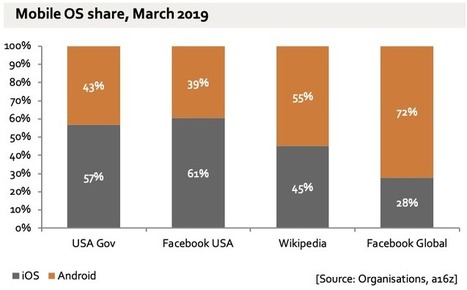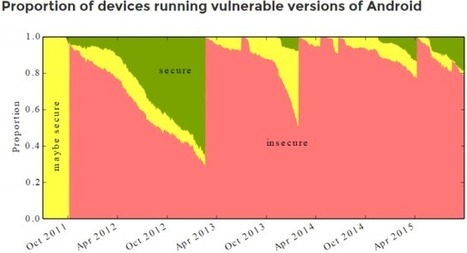There are about 5.3bn people on earth aged over 15. Of these, around 5bn have a mobile phone and 4bn a smartphone. The platform wars ended a long time ago, and Apple and Google both won (outside China, at least). So it is time to stop making charts.
Research and publish the best content.
Get Started for FREE
Sign up with Facebook Sign up with X
I don't have a Facebook or a X account
Already have an account: Login
 Your new post is loading... Your new post is loading...
 Your new post is loading... Your new post is loading...
|
|












5bn people have a mobile phone now, and 4bn have a smartphone. This interesting post details usage as well as it draws a perspective with the PC market. And concludes it is time to stop making charts.